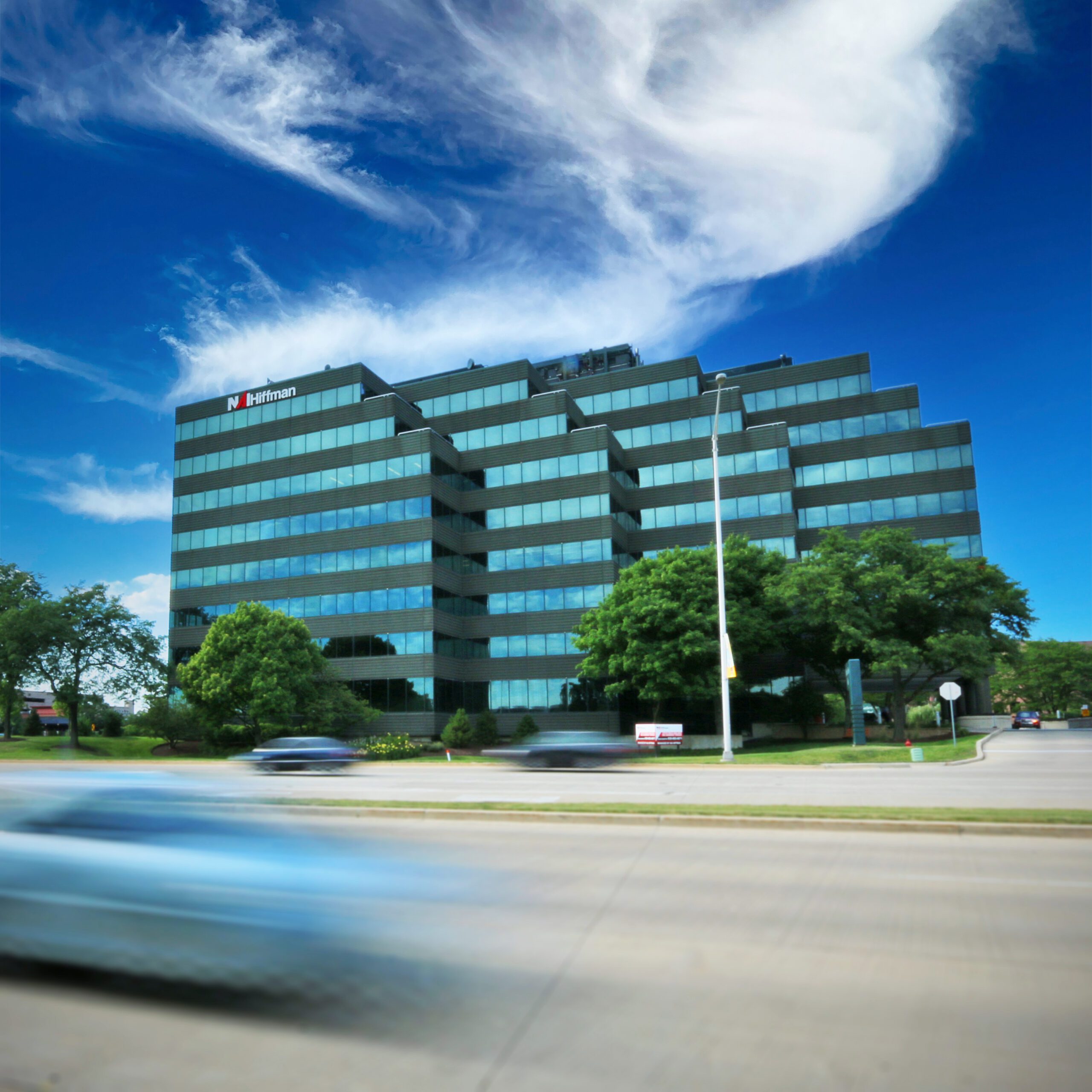June 2023
The Property Management Challenge: It’s All About Managing Tenant Experiences

From “The property management challenge: It’s all about managing tenant experiences” – RE Journals
The property management business has evolved. There was a time when property management teams focused on making sure the snow was plowed, trash picked up and lights stayed on. Those are still important jobs. But today, property managers are equally focused on doing everything they can to provide tenants with the best possible experience.
This means scheduling on-site events such as barbecues, after-hours gatherings and lunch deliveries. It means providing amenities that will inspire workers to return to the office and building a community at the job that will keep workers coming back once they’ve left their home offices.
We spoke with Rob Pritz, portfolio manager at the Cincinnati office of Hiffman National about the evolving role of property managers. Here is what he had to say.
The commercial office sector is certainly in flux today. Does having a strong property management team in place help the owners of office buildings attract more tenants to their properties?
Rob Pritz: Companies have more options when it comes to finding office space than they’ve ever had before. Having a skilled property management team to handle efficiency, cleanliness and basic services is more important than it has ever been. But there’s another duty that has seeped into the property management world: managing tenant experiences. It’s about amenitizing the common areas of a building, providing the perks at work. Workers expect more when it comes to amenities and food service. It’s up to property management teams, then, to boost the appeal of an office building, whether that’s through providing amenities throughout the building or scheduling events and interactions. All of this has crept into the property management world. We are still providing day-to-day services, but we are also focusing on improving the experience for tenants.
This trend has gotten a lot of attention, but it started before the pandemic, right?
Pritz: It definitely did. Managing the tenant experience is now just one more thing to add to our utility belt. It is one more thing we offer to provide the best value for tenants and, therefore, the best value for the owner of the property.
There’s another thing that has been around for a long time but has become even more important for the office sector today: a mixed-use environment. I’ve been fortunate to have been involved in several mixed-use projects recently. These have much higher leasing and success rates than do other office properties. When you combine the amenities of the building and the amenities of the location, such as surrounding restaurants and retail offerings, you just have a more appealing and enticing destination. For property managers working these mixed-use spaces, it’s about activating the entire user experience.
The live/work/play aspect has been in play for several years. A lot of new projects are focusing on that mixed-use experience, that combination of office and retail. They have seen strong success.
We’ve seen that several suburbs are focusing on this mixed-use approach, combining office and retail, to create a walkable area for workers. Is this trend only getting stronger?
Pritz: It’s true in urban downtowns, too. When people are going to work, they need an experience that they can’t have at home. Everyone is in the amenities arms race. This started before COVID. Office owners need to provide the experiences that workers can’t get at home, everything from collaborating with other people to attending a happy hour, getting a coffee with coworkers or walking to a sporting event after work. If you feel like you are the only one in the office, if you’re stuck in a bland cube farm, you won’t want to go into work. But when you are walking around downtown or in a suburban downtown and you see activity and enthusiasm on the streets, that makes the experience of going into work different. You can’t have that at home.
That type of experience draws people back to their offices. The walkable experience is important, which is why mixed-use developments work so well. People want to stand up from their desks and take a short walk to get coffee or their lunch. They want to finish their work and meet for a happy hour with their friends.
What kind of amenities are important inside office buildings themselves? Are property management teams spending more time on providing and managing these amenities?
Pritz: The amenities arms race has been going on for years. That goes to the common spaces within the building. It’s about activating those spaces, having tenant events, creating a shared experience among the tenants. It’s about getting people back together, having them spend time together. In a mixed-use environment, property managers get into the management of retail and restaurants. It’s a collaborative and cross-branding type of experience.
Certain buildings have advantages. The rules of real estate haven’t changed: It’s about location, location, location. Places with better locations have better success. Places with more walkability have more success. If you are doing a new project, those are the things I’d prioritize, creating that mixed-use experience. But that doesn’t mean that you can’t have success with older office buildings. You just have to bring the amenities to them.
It’s not necessarily about bringing in a ping-pong table. It’s about having a ping-pong table in a location where a lot of people gather. That way, everyone can be in on the game or watch it. You want to create areas in which people can gather, take a break and have their lunch. It’s about making those spaces warm and inviting. You don’t see as many old-school cube farms today. People are bringing those walls down. Today, you need to provide extensive indoor and outdoor landscaping to help create an inviting experience that makes workers feel happy to be in the office.
Do these in-building amenities make workers more productive?
Pritz: I can’t speak to that. But they do increase people’s enjoyment at work. I think that in-person work is important. I enjoy going to an office. But you must make people feel happy about being at work. You have to give them the amenities so that they want to be in the office more frequently.
What should building owners look for when hiring a property management team?
Pritz: The baseline operational items are still the most important. That has to be expected, that your property management team will make sure the building runs efficiently and smoothly. But strong property management teams will also handle the tenant build-outs, including the legal agreements that come with them. They will provide ideas for amenitizing the building. You need to decide what type of marketing your property management team will do to promote the image of the building and not just the leasing of the property. Does the property management team offer community management? What sort of social media platforms will the team use to promote the building?
Property management has changed. We’ve added tenant service to our repertoire. But base-level operations are still important. Being able to combine the tenant services and baseline operations work into one consistent deliverable is what makes for a strong property management team.
About Hiffman National:
Hiffman National is one of the US’s largest independent commercial real estate property management firms, providing institutional and private clients exceptional customized solutions for property management, project management, property accounting, lease administration, marketing, and research. The firm’s comprehensive property management platform and attentive approach to service contribute to successful life-long relationships and client satisfaction. As a nationally bestowed Top Workplace, and recognized CRE award winner, Hiffman National is headquartered in suburban Chicago, with more than 250 employees nationally and an additional six hub locations and 25 satellite offices across North America.


